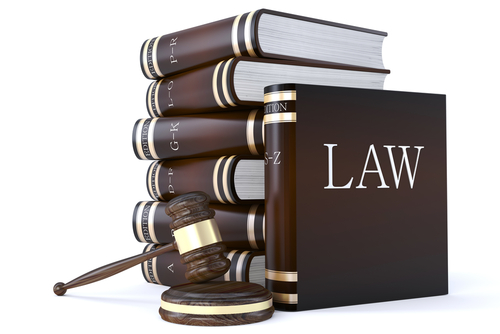Law profs seek to overturn New York law requiring their ethics complaints to be secret

Image from Shutterstock.
Law professors who posted grievances that they filed against 21 prosecutors are challenging a New York law that requires lawyer disciplinary proceedings and related papers to be kept private until discipline is recommended.
The suit, filed this month on behalf of the prosecutors and their partner organization, the Civil Rights Corps, contends that the law violates the First Amendment, the New York Times reports.
The suit claims that the law is unconstitutional on its face and as applied to the law professors, whose complaints relied on allegations in judicial decisions and the public record.
“The extreme secrecy attached to New York’s attorney disciplinary proceedings makes them an outlier nationally,” according to the Nov. 4 lawsuit, filed in federal court in Manhattan, New York City.
As of mid-2014, the vast majority of jurisdictions opened proceedings with the filing of a formal charge following a finding of probable cause, the suit said.
The suit also alleges that New York City’s corporation counsel, acting on behalf of the Queens district attorney, infringed the plaintiffs’ free speech rights by asking the grievance committee considering the prosecutor complaints to take action against the professors.
The corporation counsel said the professors had violated the secrecy law and used the grievance process to wage a political agenda, the suit said. The Queens Daily Eagle has coverage of the allegations against the officials.
In response to the corporation counsel’s demand, the grievance committee determined that the law professors would not be treated as complainants, and they would not learn about the results of their complaints, the suit said.
The law professors had filed the complaints after three men were exonerated following their convictions for murders that they didn’t commit. A Queens judge had found that prosecutors in the case didn’t turn over exculpatory evidence and made false statements at trial.
The professors’ complaints, which allege prosecutor misconduct in several cases, were filed against current and former prosecutors.
New Yorkers “deserve to know what wrongs these public officials have committed, and are committing, in their name,” the suit said. “The First Amendment demands not only that harassment of the plaintiffs must stop, but also that any further disciplinary proceedings of the accused prosecutors be open to the public.”
Write a letter to the editor, share a story tip or update, or report an error.


